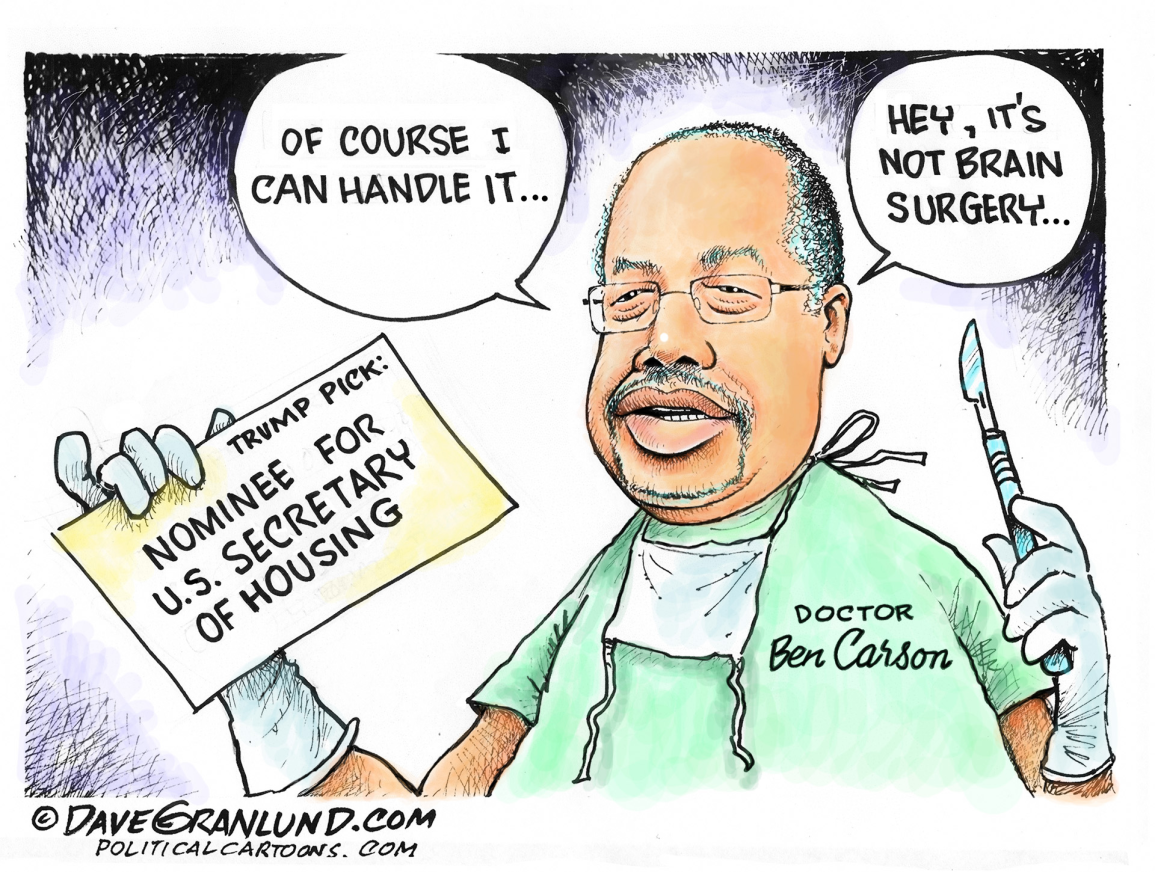While tech has boomed, "apologists" have been able to "ignore some 10,000 businesses that have left or expanded outside the state." Kamala Harris may be the latest "bright, shiny" progressive star, but the crushing reality of California's "disappearing" middle class may not be so attractive to Democrats.

"Jennifer Van Laar at townhall.com warns that "the last thing Republicans should do is underestimate" the "Dems['] rising star," but Ms. Van Laar also links to a 2015 San Francisco Magazine piece that casts the political rise of then-Senate candidate Harris in a slightly different light:
But, as is the case with so many bright, shiny things, her luminescence is all that you see: Any troubling material on the periphery is lost in the glare.
"California politics has, let us say, evolved since the last California politician became president, and Ms. Harris may have troubling material arising from her home state economy over the next few years.
"Joel Kotkin at forbes.com makes the case that the "Bay Area tech boom" has masked disturbing trends in the California economy, and that dependency on a volatile "tech economy" could "pose dangers":
People tend to forget the depth of the tech bust at the turn of the century.
"Mr. Kotkin further notes that the "growing hegemony" of a few very large firms" has reduced "opportunities for potential rivals, much as the monopolists of the late 19th century did," leading to a decline in "high-tech startup formation." The upshot of slowing tech growth, and a possible "major correction," is that economic problems elsewhere in California become more pronounced.
"Progressives love to campaign on inequality, but California may not be the best example for Democrats, according to Forbes: . . .








